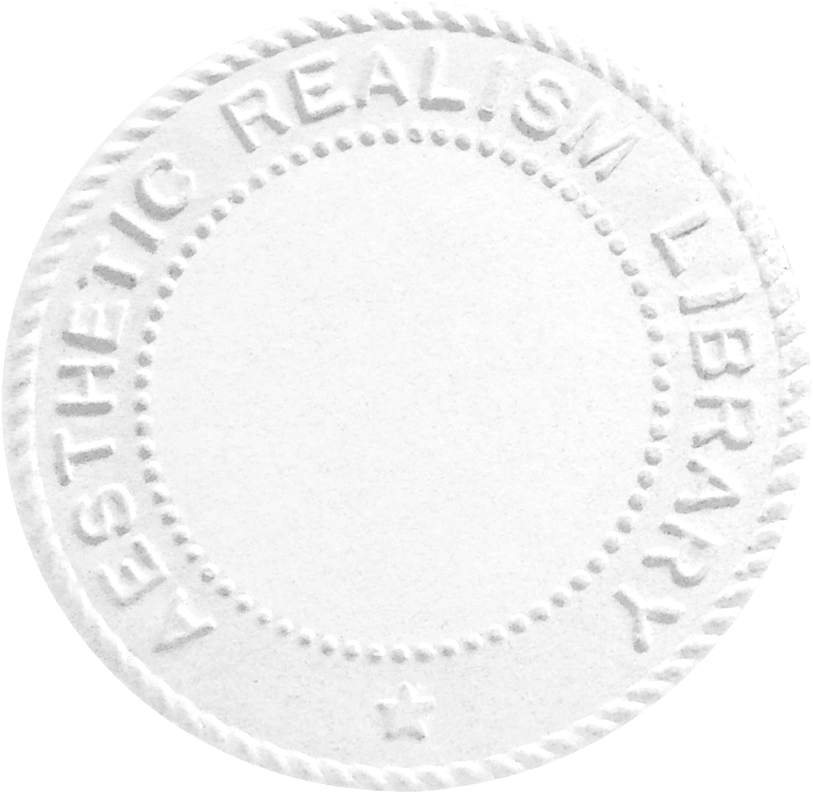Translations by Eli Siegel
The Fall of the Leaves, By Charles Hubert Millevoye
With what was taken from our woods
Autumn strewed the ground;
The grove was without mystery,
The nightingale was voiceless.
Sad and dying, at his beginning,
A youth in sickness, with slow steps,
Once more walked through
The woods dear to his first years.
“Woods that I love, farewell, my life yields.
Your grief has foreshown what will happen to me;
And in each leaf that falls
I read a prediction of death.
Fatal oracle from ancient medical city,
You have told me: ‘The leaves of the woods
Will yellow once more before your eyes,
And it is for the last time.
Your youth will fade in lifelessness
Before the grass of the meadow,
Before the vine-branch on the hillside.’
And I die! With its cold breath
A disastrous wind has touched me;
And my winter comes to be
When my spring has hardly gone.
A shrub destroyed in one day,
Some flowers were my ornament;
But my languid growing
Does not leave any fruit.
Fall, fall, frail leaf in shadow!
Let this sad path be hid from eyes,
Conceal from my mother’s despair
The place where I shall be tomorrow.
But—the solitary corridor in woods—
If the sorrowing love of mine
Comes to weep here when day has gone—
Make by a light sound
My shade consoled for an instant.”
He speaks, goes away—and without return.
The last leaf which falls
Has marked his last day.
They dug his grave under the oak there.
But she whom he loved did not come
To visit the stone in isolation;
And the shepherd of the valley
Troubled—he alone—with the sound of his footsteps,
The silence of the mausoleum.
From Hail, American Development (Definition Press)
© 1968 by Eli Siegel



Eli Siegel’s note to the poem:
The Fall of the Leaves, By Charles Hubert Millevoye. 1967. There are many sad poems in the world, and only a few of these have affected people for a long time, and clearly, and deeply. When a poem is taken to themselves by many people, one can say that it is the obviousness and ordinariness of the emotion that have made for this effect. Immediately, the question is with us: if it is only obviousness and ordinariness of emotion that make a poem liked conspicuously and lengthily, why do not all the obvious and ordinary poems succeed with a superficial and undiscriminating public? There must then be something about an ordinary and obvious poem which achieves popularity with the populace that the obvious, ordinary poems not achieving this don't have. And we find that this differentiating thing in the popular field is form, structure, aesthetics, fashioning—the way these are essentially in more "distinguished" or "subtle" works. The mind of man, which means the mind of every man, is somewhat subject to aesthetic emotion.—And so, when La Chute des Feuilles of Charles Hubert Millevoye appeared in France in the early part of the nineteenth century, the public found something different and strong in this sad poem; and the public can find it again. The lines of Millevoye are dense with emotion, but dense with structure too. The slowness of the poem instigates tearfulness, but this slowness also is poetically accurate, powerful. A line like Tombe, tombe, feuille éphémère! is abrupt and lasting at once. This line has in it the possible likeness of a person to autumn going towards winter. This is ordinary, but is it true? Can the ordinary truth become aesthetically piercing? The Millevoye poem is an early instance of the general Romantic tendency to make nature and self one thing; to make the growing and fading external world like what we are. Millevoye here has a permanent music, though this music first was heard in Napoleonic days. The music is there, ready to reach selves and ears.